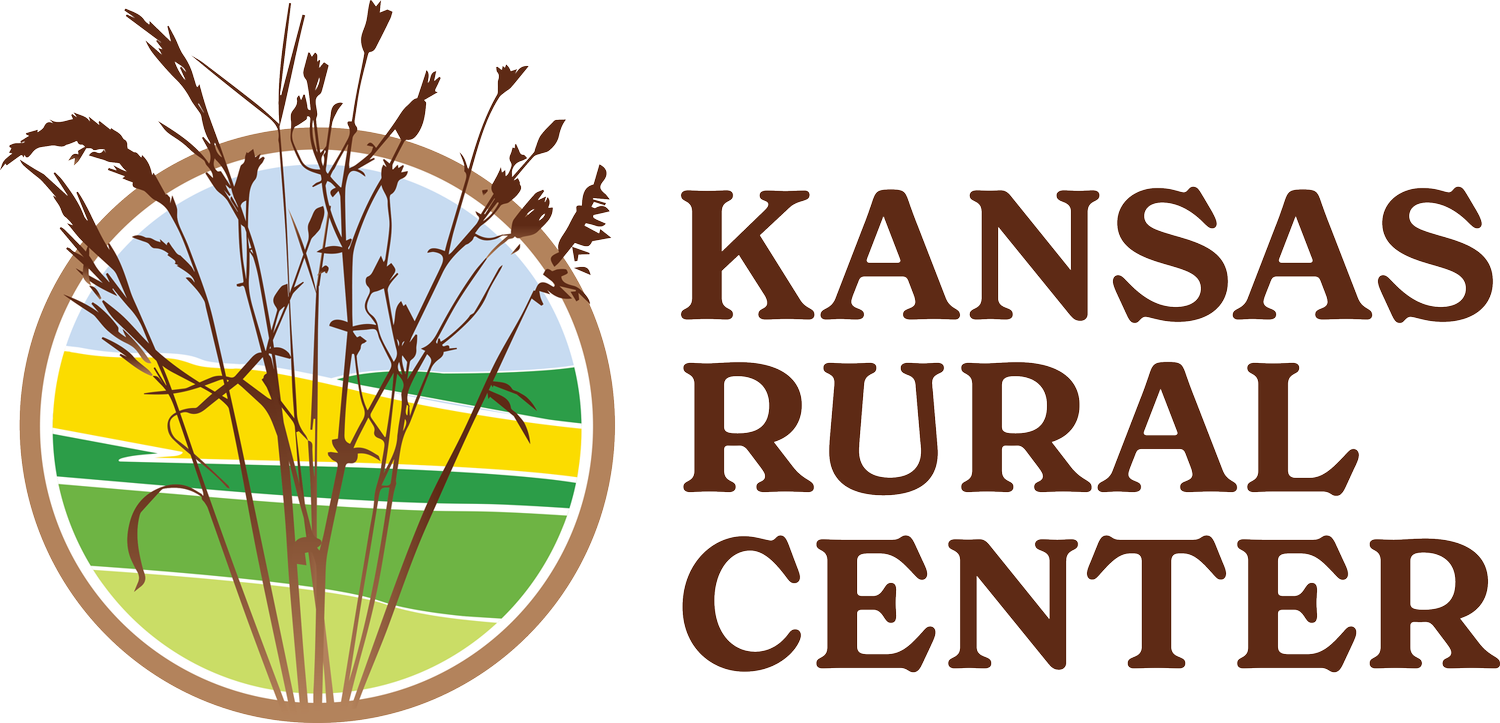Women in Farming - Risk Management Education
Resources
Women in Farming Resource Guide
Kansas Land Prices and Cash Rental Rates – Kansas State University Research and Extension (KSRE) – Mykel Taylor and Kevin Dyuhvetter
Whole Farm Revenue Insurance Webinar – NCAT/ATTRA
Whole Farm Revenue Protection Handout – from KRC Women in Farming Workshop Series
Crop Insurance for Sustainable Agriculture, February 2, 2015, Webinar
In this second part of an interview with James Robinson of the Rural Advancement Foundation International, Frank and James discuss the importance of crop insurance to the farmer, both as a risk management tool and as a mechanism for gaining greater access to credit. James then explains how changes to the 2014 Farm Bill provide for innovative insurance products that have the potential to improve the attractiveness of crop insurance for the sustainable, diversified producer. The products, moreover, provide incentives for further crop diversification, and may pave the way to incentivize other sustainable production techniques like cover crops, no-till, and green manures. Please take the time to educate yourself about this most critical topic.
Recommended Readings for Vegetable Production – Dan Phelps – Kansas Rural Center
Videos from the July 2015 Women in Farming Workshop, in Emporia, Kansas.
Building and Maintaining Soil Health Demonstration- NRCS
Ecosystem Services – Candy Thomas – NRCS
Improving Soil Health – Alex Miller – NRCS
Livestock, Grass and Grazing Management – Dale Kirkham
Season Extension and Specialty Crop Production – Dan Phelps
Farming in Nature’s Image – Gail Fuller
Loan Programs and Resources of Special Interest to Women Farmers – FSA
In August 2014, the Kansas Rural Center was awarded a USDA Risk Management Agency Education Grant to provide women farmers and women landowners information necessary to reduce or avoid financial, legal and production risks on their farms.
Women farmers and women landowners will control an increasing amount of farmland and farms in the coming decades, as women tend to live longer than men, and thus widows and daughters inherit farms and the decision making responsibilities that go with them.
Interest among women in actively farming is rising. Surveys of women in Kansas during our Women and Conservation Project in 2013 showed that current educational services and opportunities are not meeting the needs of these women. Research has also shown that women learn differently than men, responding positively to a participatory approach over typical classroom lectures, and to a women only format.
In 2015, the KRC project provided four full-day regional workshops for women-only in different locations across the state. Each workshop had a unique focus.
A Business, Legal and Financial Risk Management workshop covered basic estate planning needs, land tenant and leasing options, and basic financial record keeping. It also included a session on state and federal conservation programs and a short tour of farming practices such as cover crops and no-till to build soil health.
Two workshops– one in eastern Kansas and the other in northwest Kansas– focused on Specialty Crop and Polytunnel Production, emphasizing food production, food safety and handling, and conservation programs; plus a visit to a farm using high tunnels or polytunnels for fruit and vegetable production.
The final workshop in the series focused on Soil Health, Cover Crops and Integrated Crop and Livestock Farming with presentations on building soil health, organic farming practices, cover crops, and integrating crops and livestock into the operation. It also feature a tour of a local farm and alternative enterprises, and a pre-workshop roundtable discussion and social hour.
Each workshop included information and materials on the new crop insurance options for fruit and vegetable farms or whole farm revenue insurance.
All of the workshops highlighted the opportunities and the challenges for women as they implement new enterprises on existing farms, begin farming, or take over family operations, or just try to adopt new practices and enterprises with their families. Resources and information for helping to overcome these challenges were made available.

